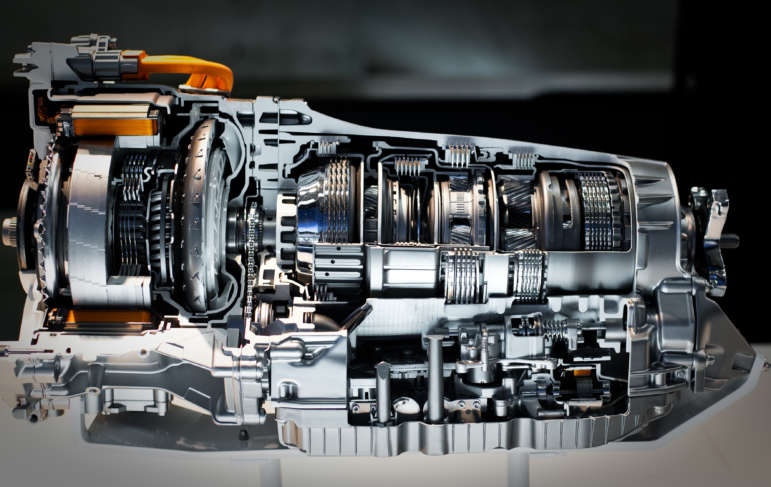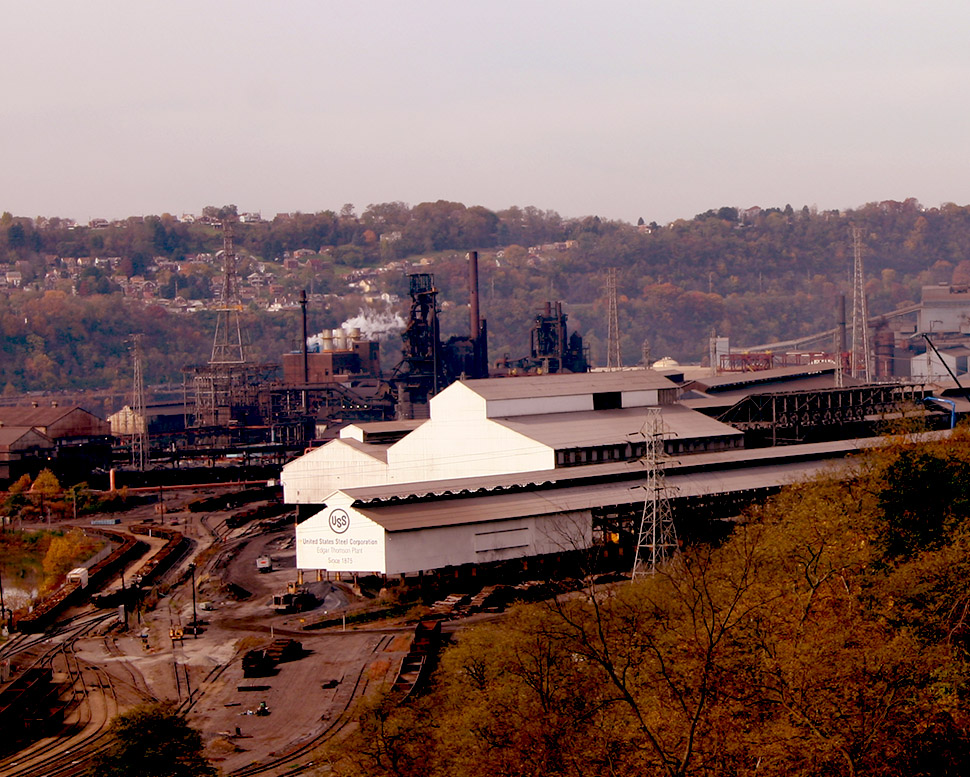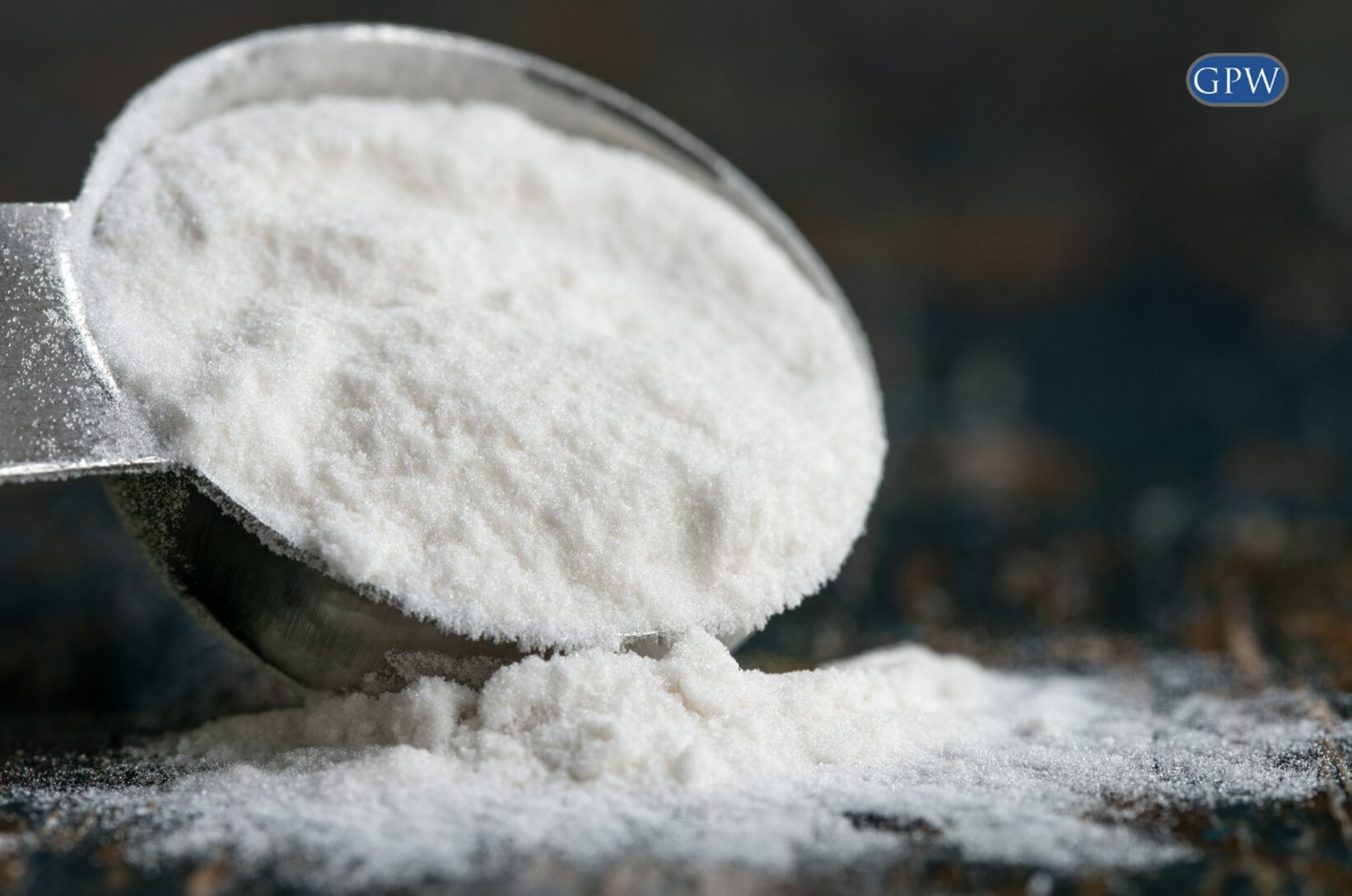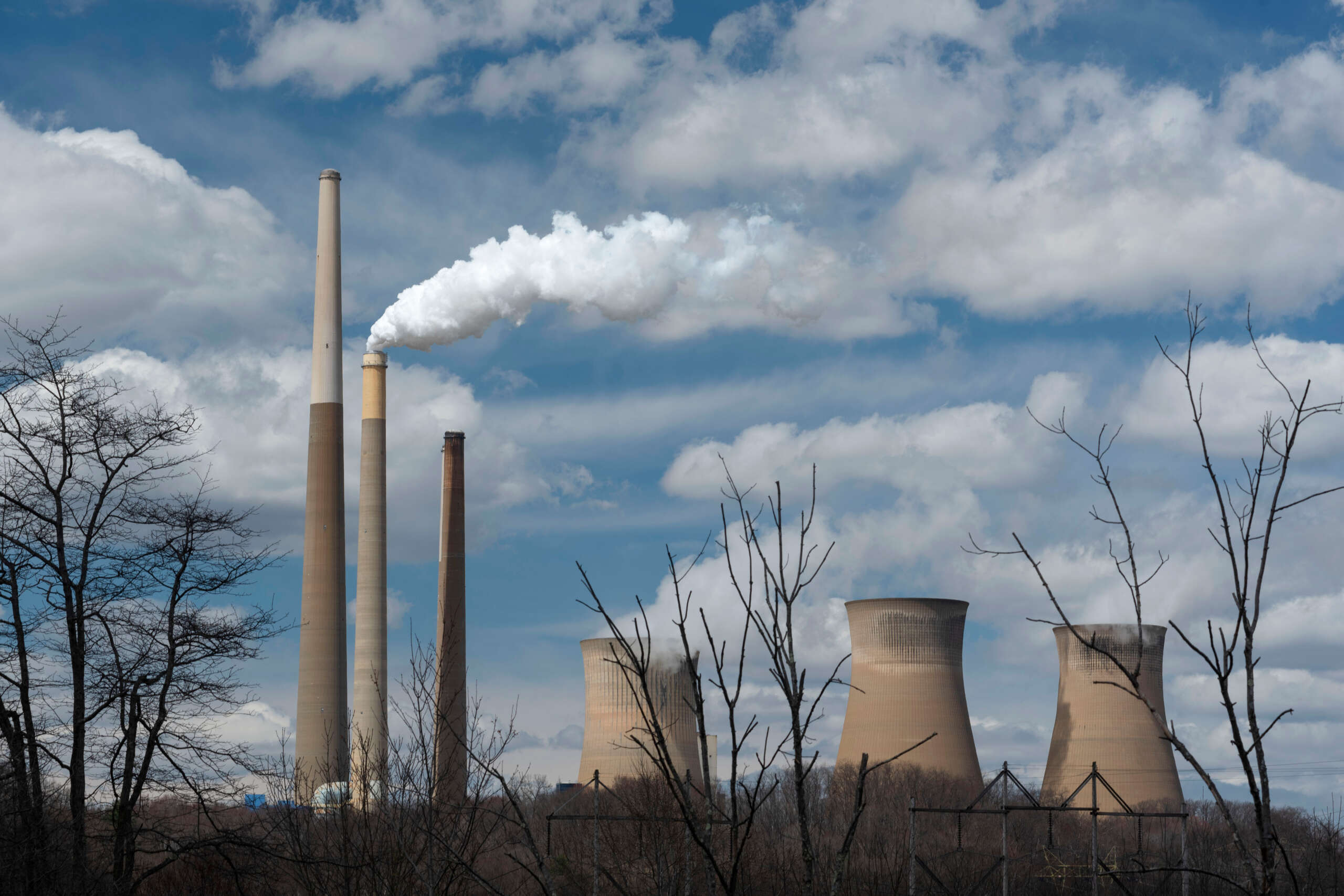Top Four Recalls from the Last Decade
Obviously, when products are defective or pose a danger to the public, they need to be recalled and removed from stores to help ensure consumer safety. If this is not done, people can be seriously hurt or even die. Over the last decade, we have seen some dangerous products, leading to some massive and costly recalls. Here are four noteworthy recalls from the last decade.
Galaxy Note 7
The batteries powering the Samsung phones experienced heating issues, and even exploded and caught on fire. When people were experiencing their phones overheating, Samsung investigated and concluded that the batteries were the issue. They sourced the batteries from their own company and another one, and batteries from both manufacturers had major issues. For the Samsung batteries, there was not enough room around the heat-sealed protective pouch and the internals. This could cause the electrodes in the battery to crimp, weaken the separator between the electrodes, and cause short-circuiting. In the Amperex Technology batteries, some cells were missing insulation tape and some had sharp protrusions that could damage the separator between the anode and cathode. Batteries were short-circuiting and even exploding while turned off, with at least one catching fire on an airplane. The total cost to Samsung was $5.3 billion.
VW Emissions
Volkwagen was caught cheating on emissions tests, leading to many of their vehicles being recalled. The company used software to help cut emissions when their supercharged diesel engines were being tested, but when they were operated normally they polluted the air 40 times the allowed levels. It had to recall 63,000 vehicles made from 2013 to 2016. Between fines, legal fees, and paying to offset excess diesel emissions, it cost Volkswagen $18 billion to fix this scandal. This was not something that directly hurt customers, but the pollution was harming the earth much faster than allowed. This could also have contributed to poor air quality, affecting people’s health. While costly, this recall needed to be done.
GM Ignition Switch
Faulty ignition switches, leading to at least 124 deaths and at least 200 injuries lead to a $4.1 billion recall of GM vehicles. The faulty ignition switches lead to the engine shutting down, causing the car to lose power steering, brakes, and air bags. GM had known about this issue since at least 2003, and finally recalled their vehicles in 2014. It put profits over safety, leading to multiple deaths. GM was fined $35 million, the highest possible amount under the law. It also had to set aside $550 million to help compensate victims of the faulty switch.
Takata Airbags
While the Takata recall actually started in 2008, it is still ongoing and will take a long time to fix. It tried to use a cheaper chemical to deploy the airbags, but this chemical became unstable over time because of temperature and humidity changes. The explosion that causes the airbags to inflate became much larger and uncontrolled, causing metal shrapnel to be sent at the driver. Even mild collisions where the driver would normally be fine with a functioning airbag were dangerous and could lead to death. Takata had to pay $70 million and will have to pay $130 million if it does not comply with Federal safety standards. The recall affected 37 million vehicles in the United States alone. It is projected that Takata airbags will not be fixed until 2023. In 2016, it was estimated that the recall would cost a total of $24 billion, making it the largest recall in history.
Sources:
Berkeley Lovelace Jr and Christine Wang, “Volkswagen to recall 83,000 vehicles to settle allegations of cheating emissions tests” CNBC (December 20, 2016). [Link]
Brad Plumer, “The GM recall scandal of 2014” Vox (May 11, 2015). [Link]
Dan Burrows, “10 Biggest Product Recalls of All Time” Kiplinger (March 26, 2018). [Link]
Tim Moynihan, “Samsung Finally Reveals Why the Note 7 Kept Exploding” Wired (January 22, 2017). [Link]




